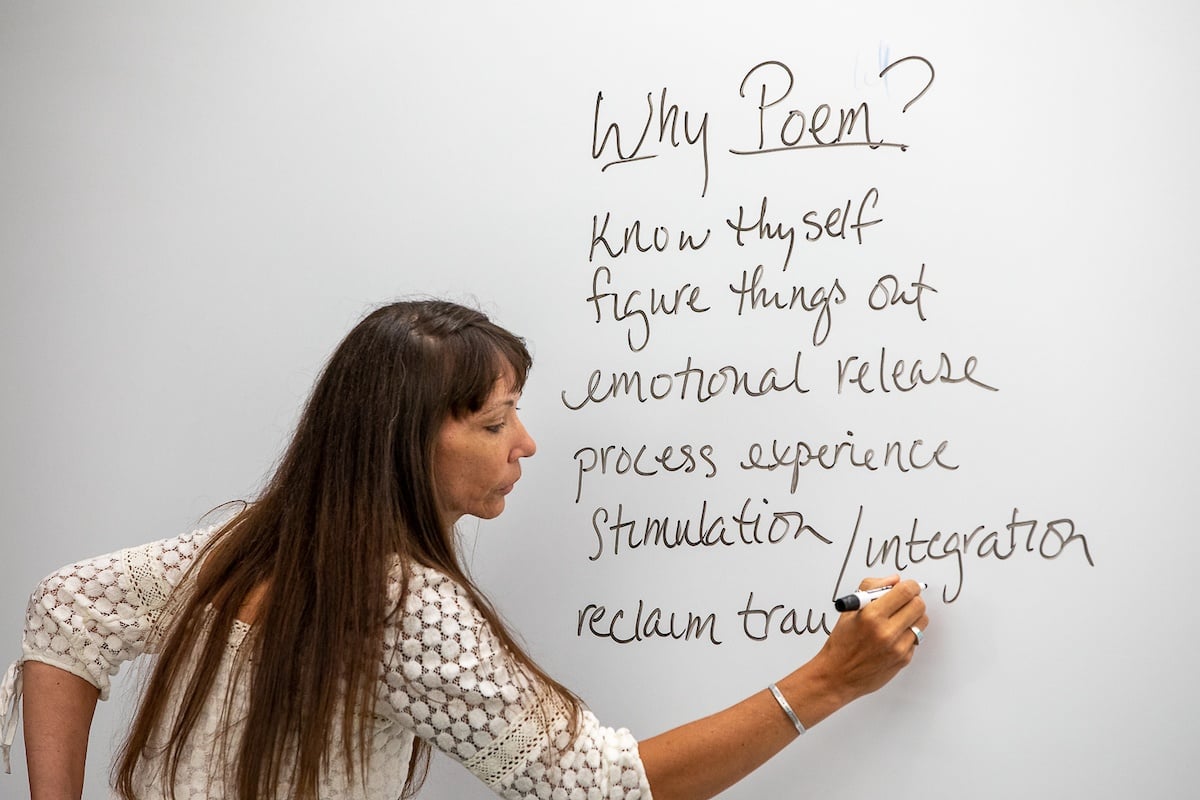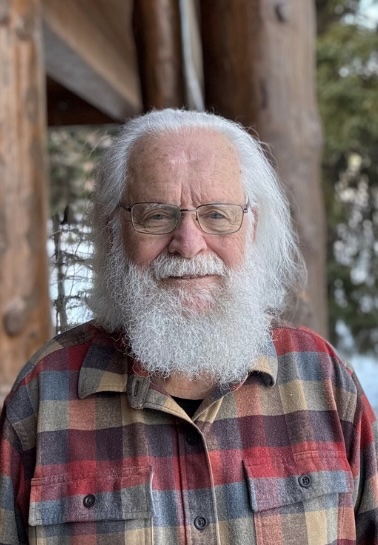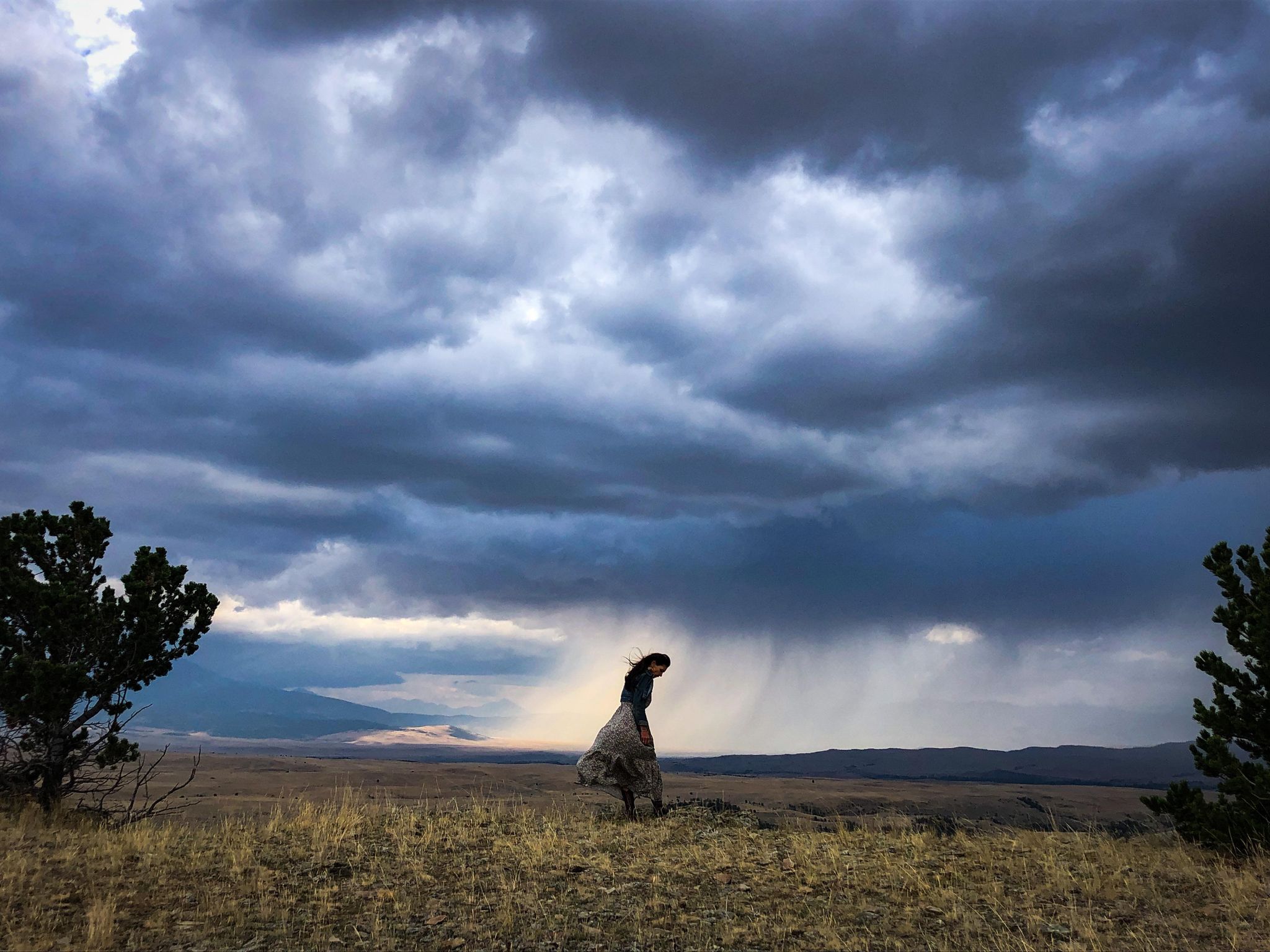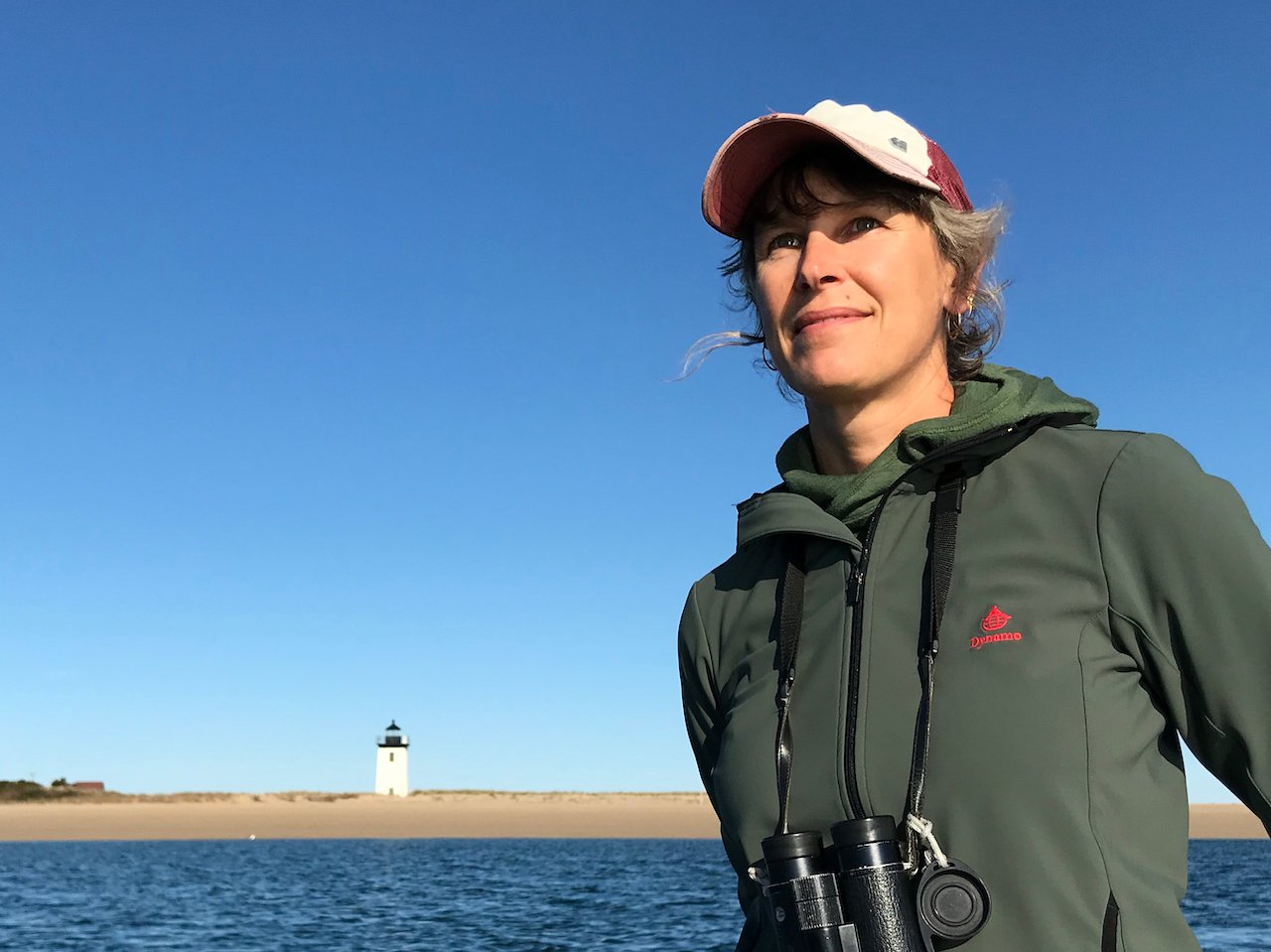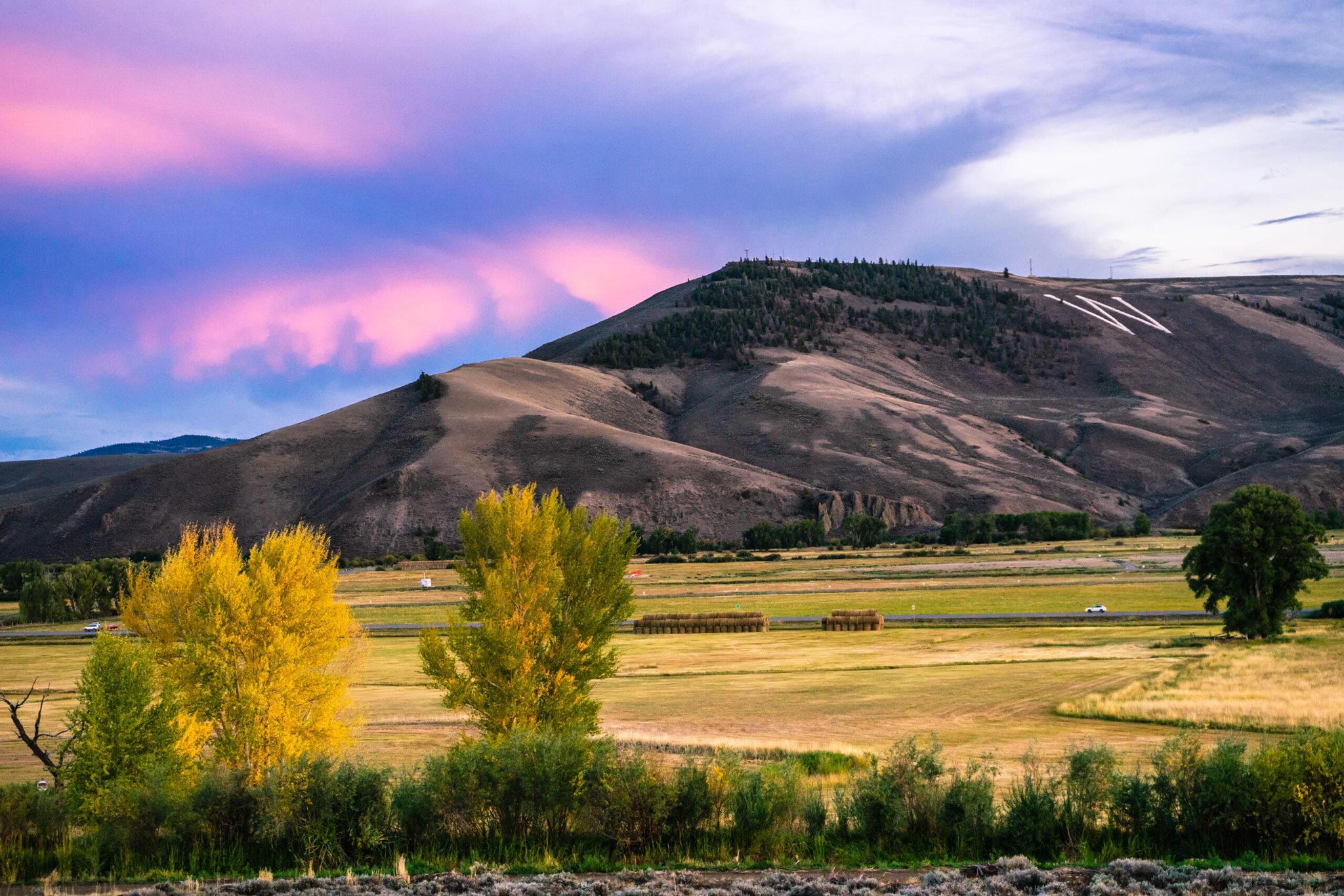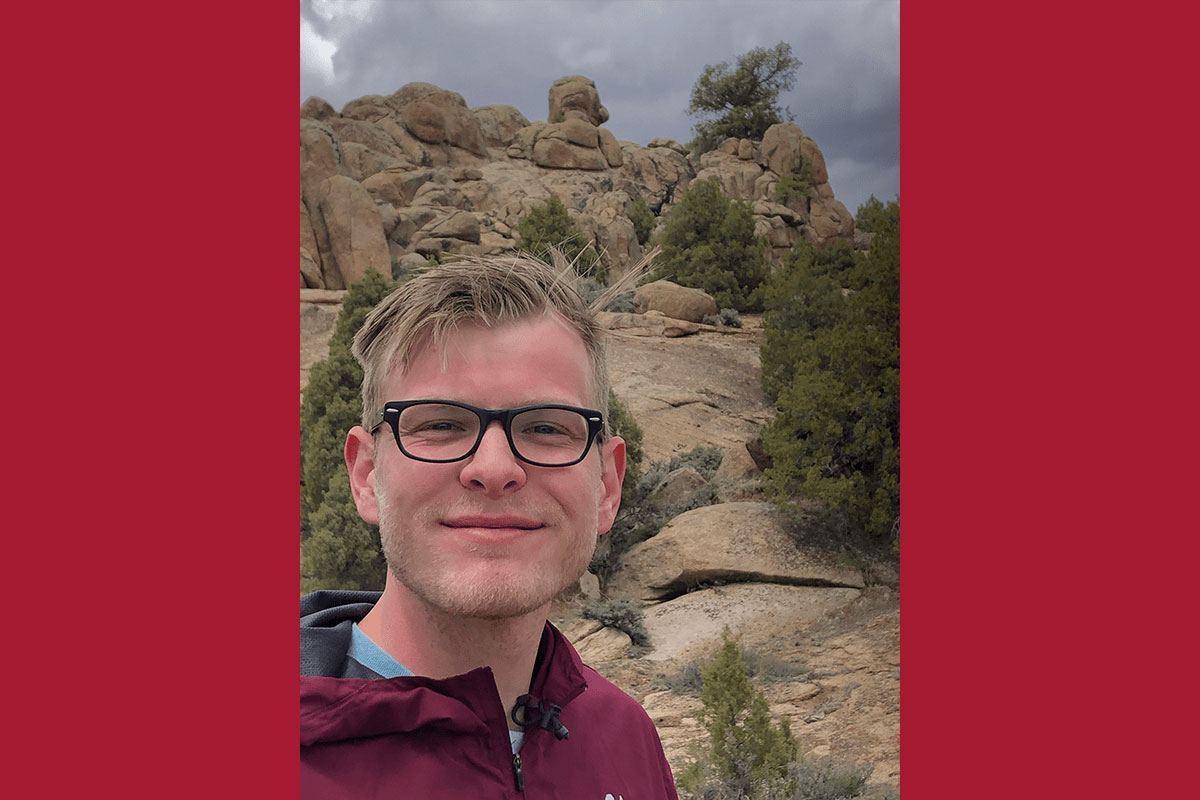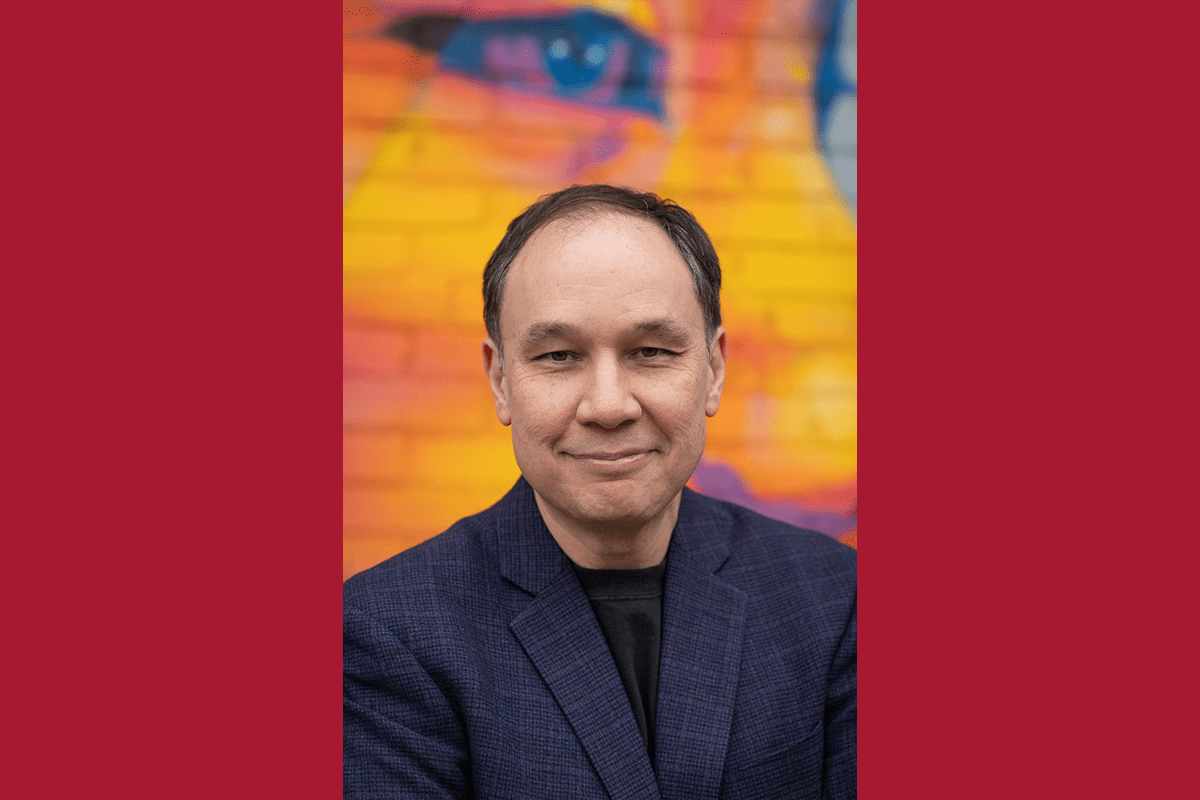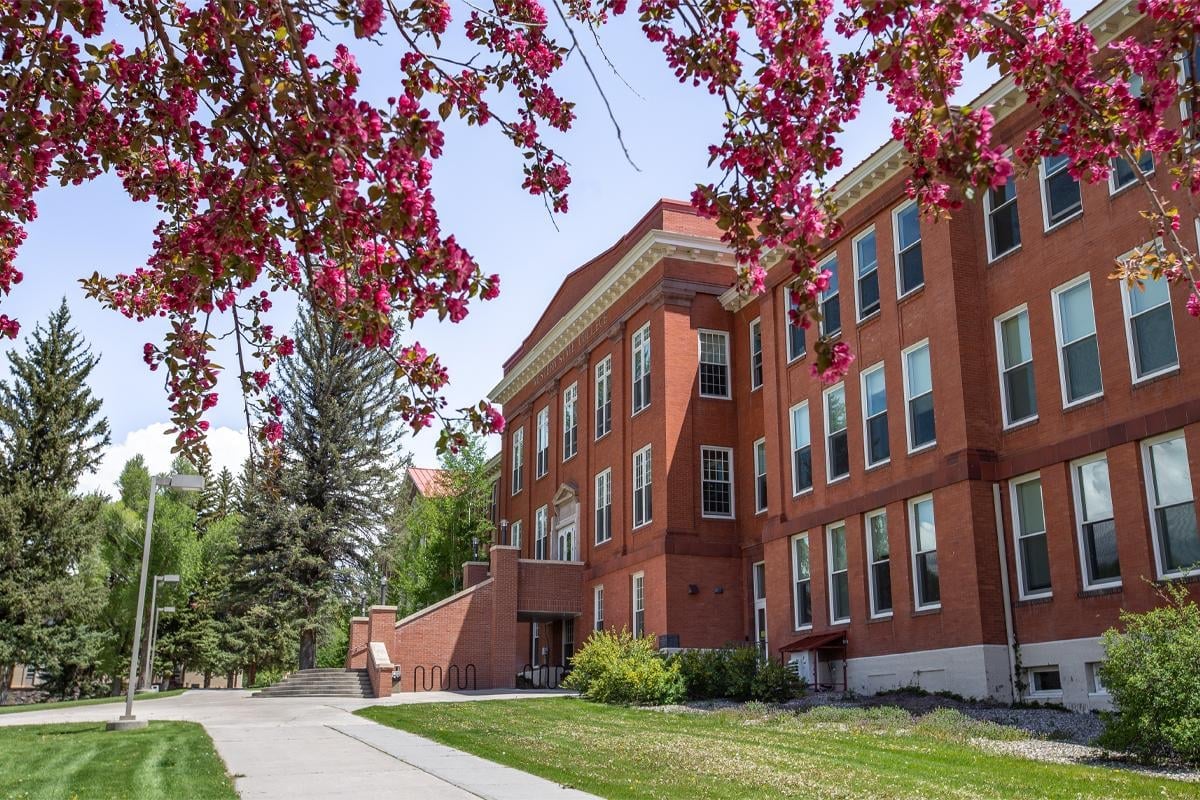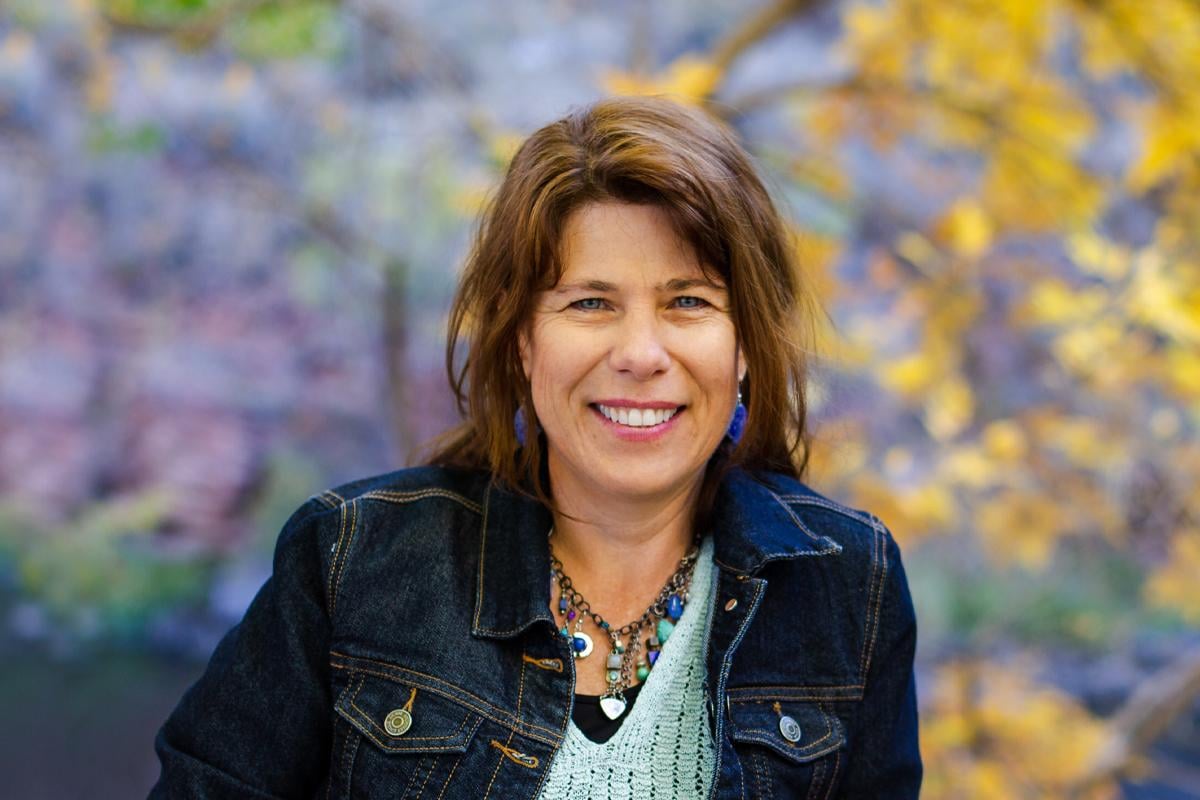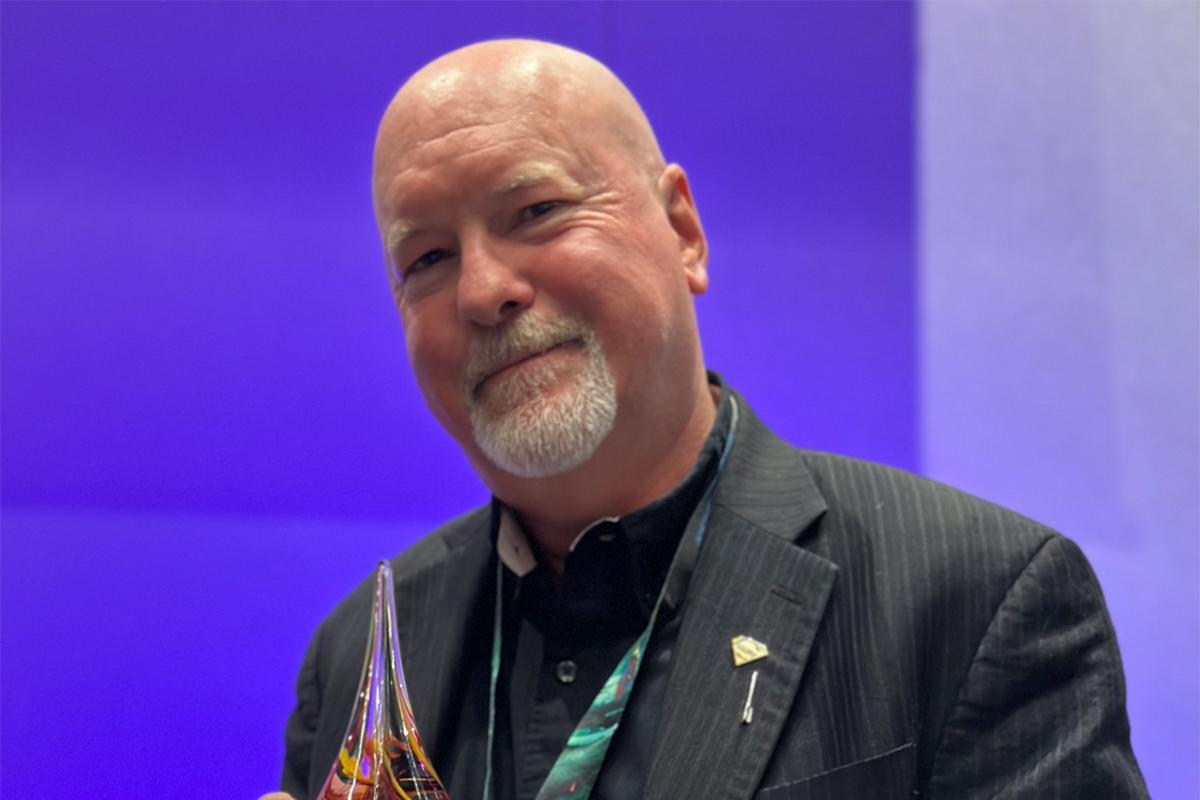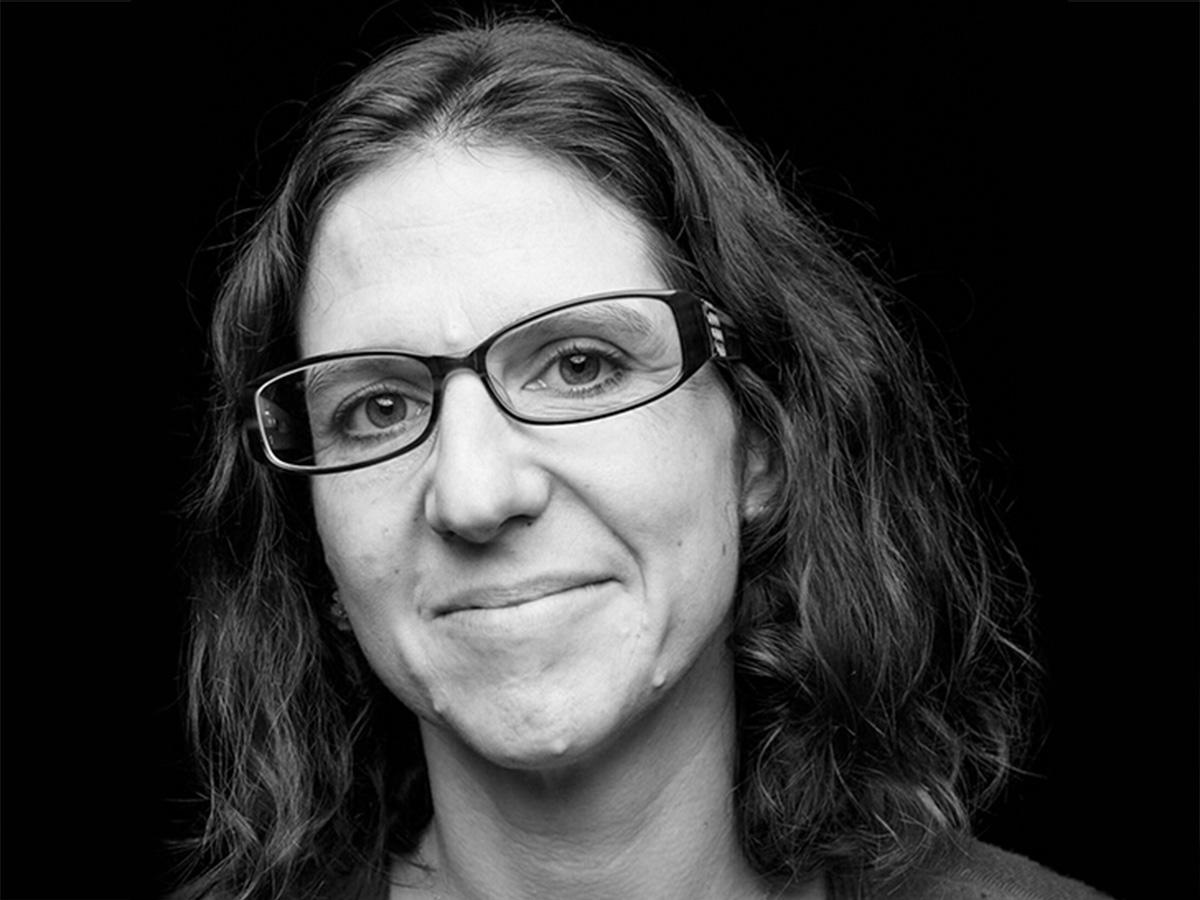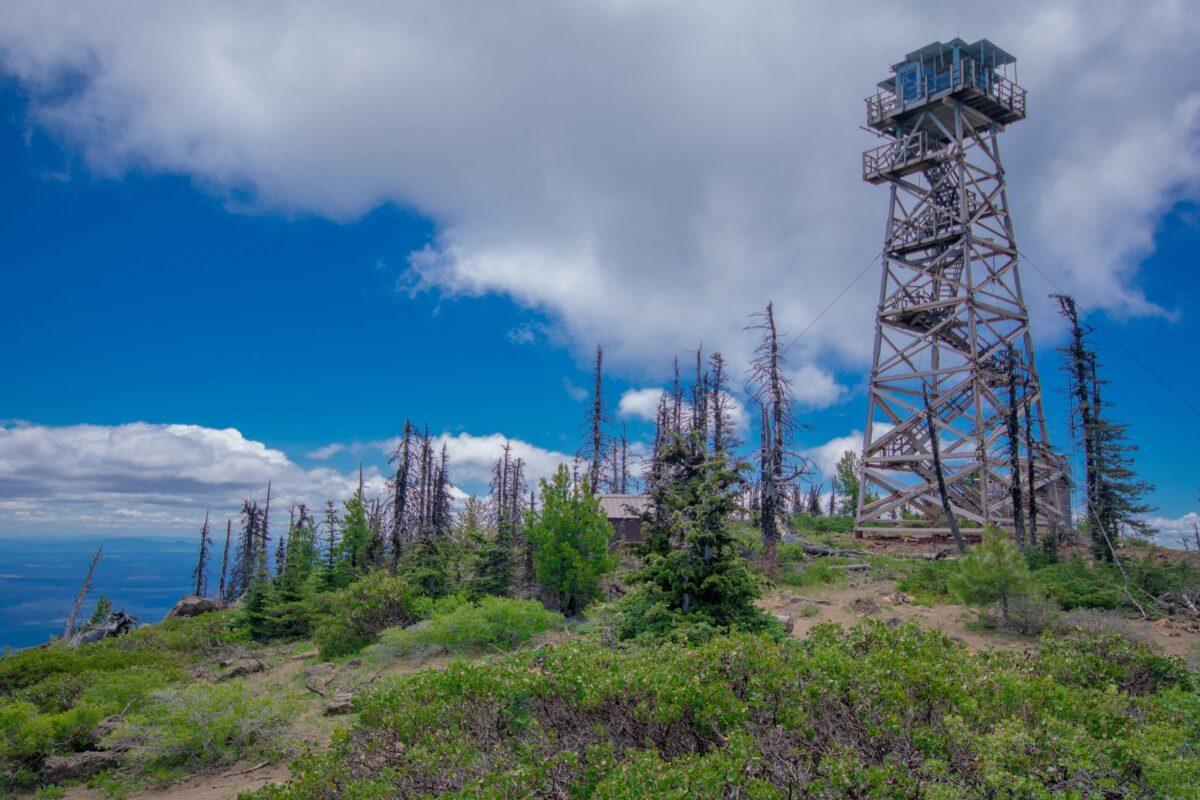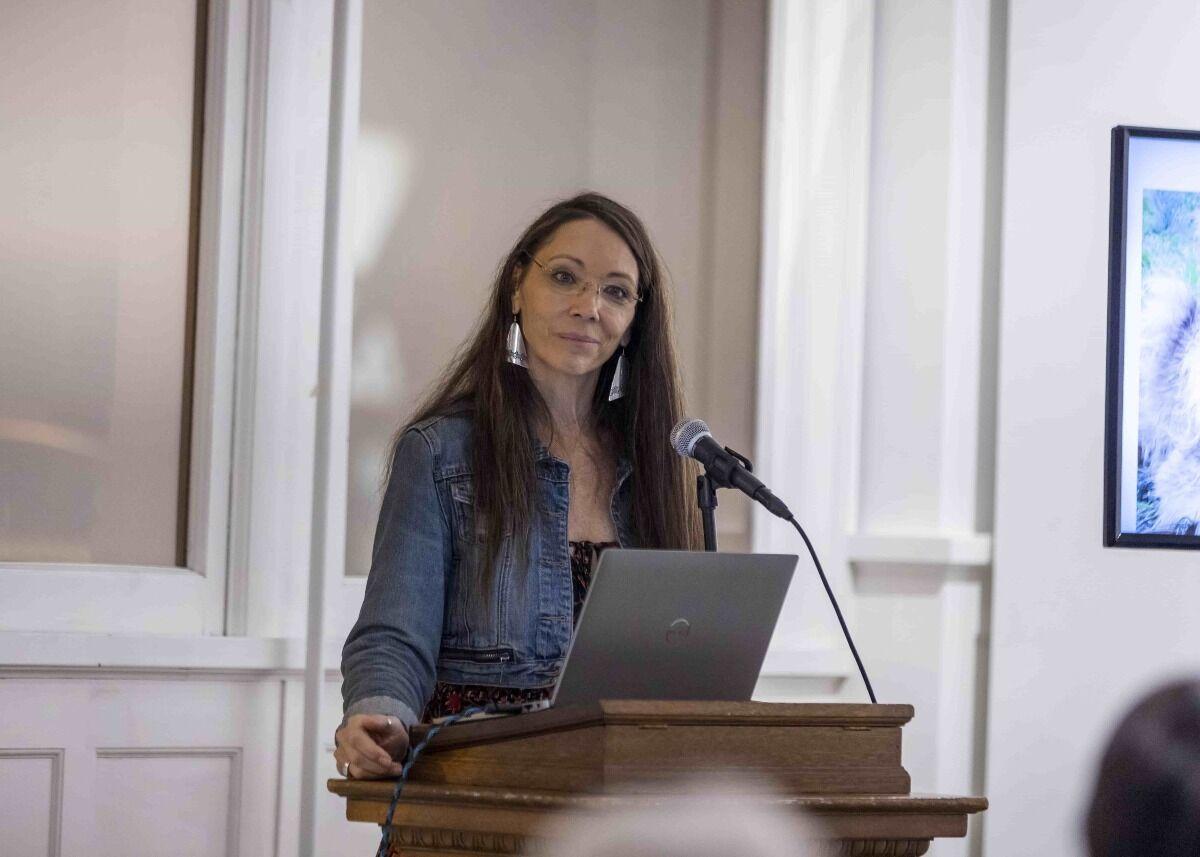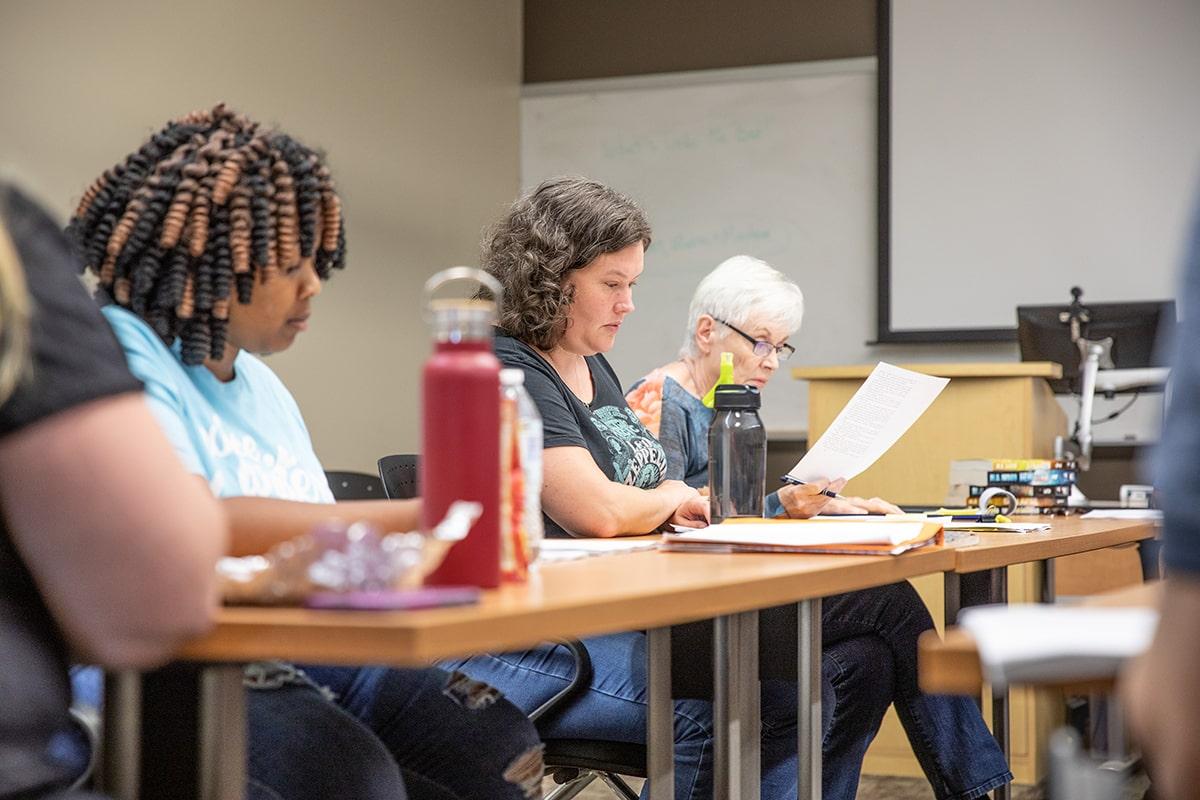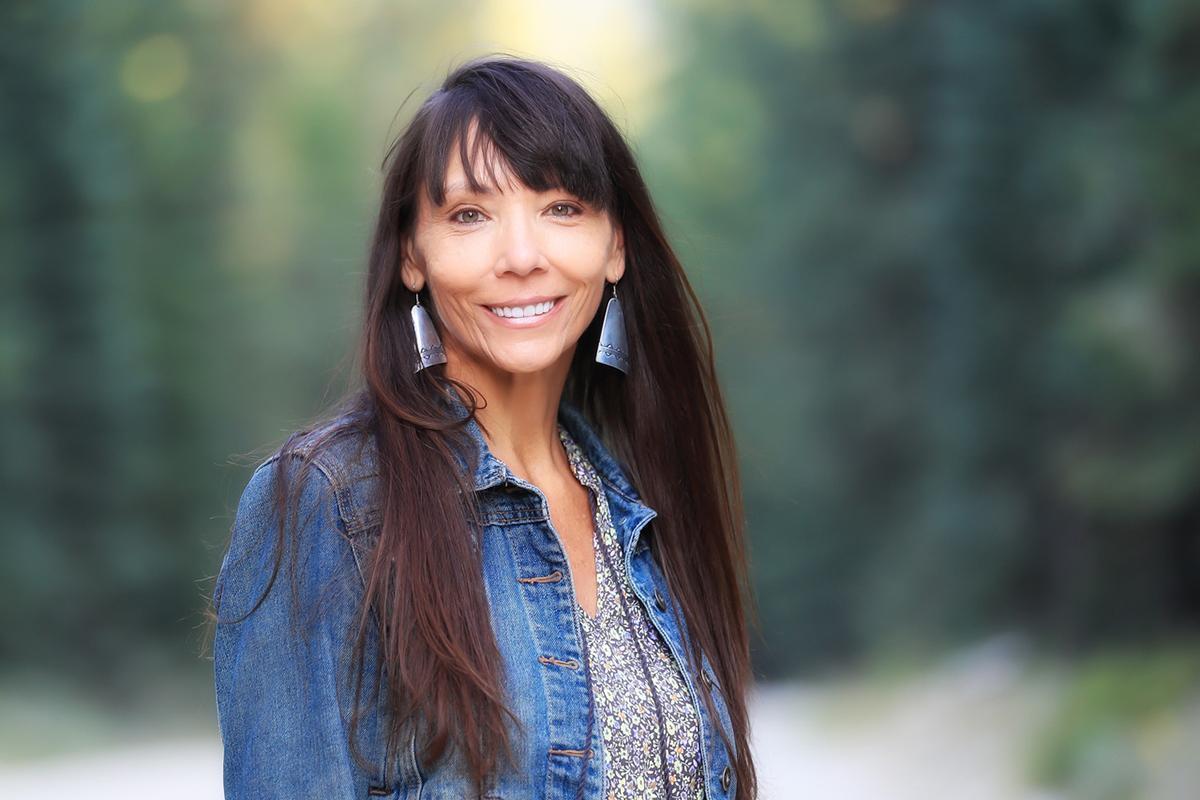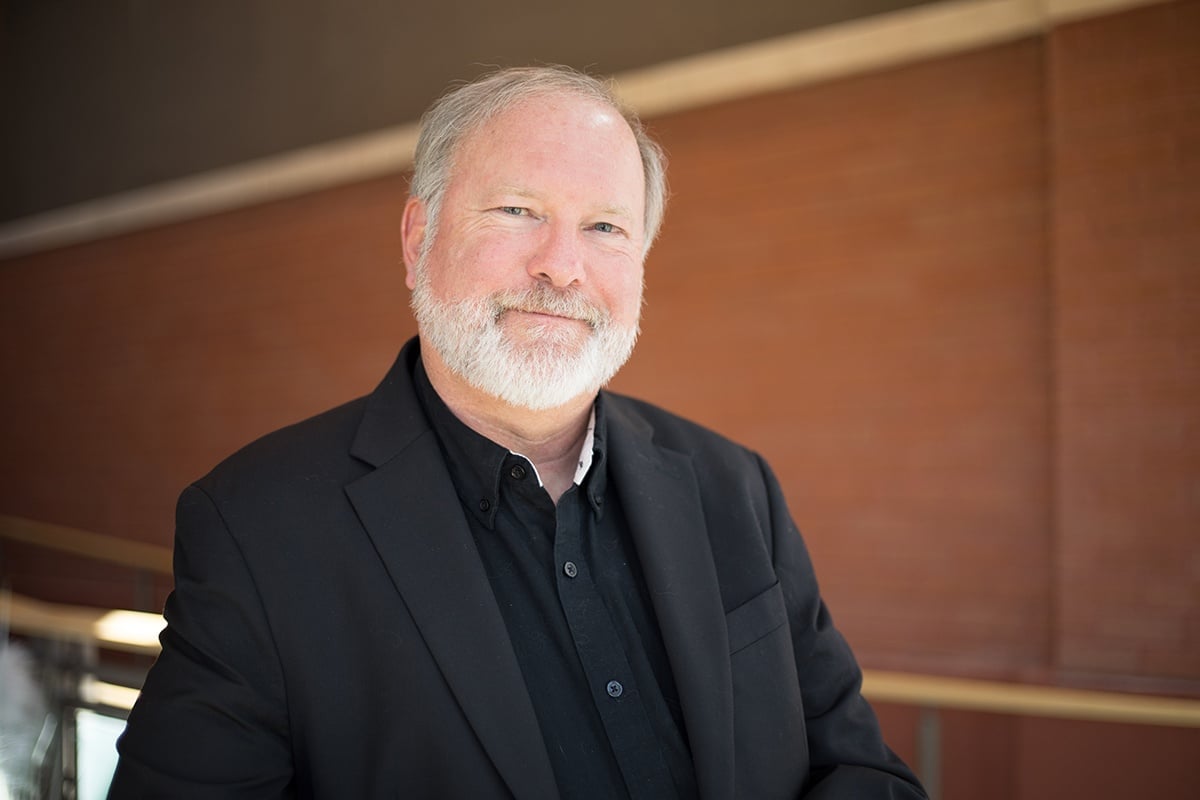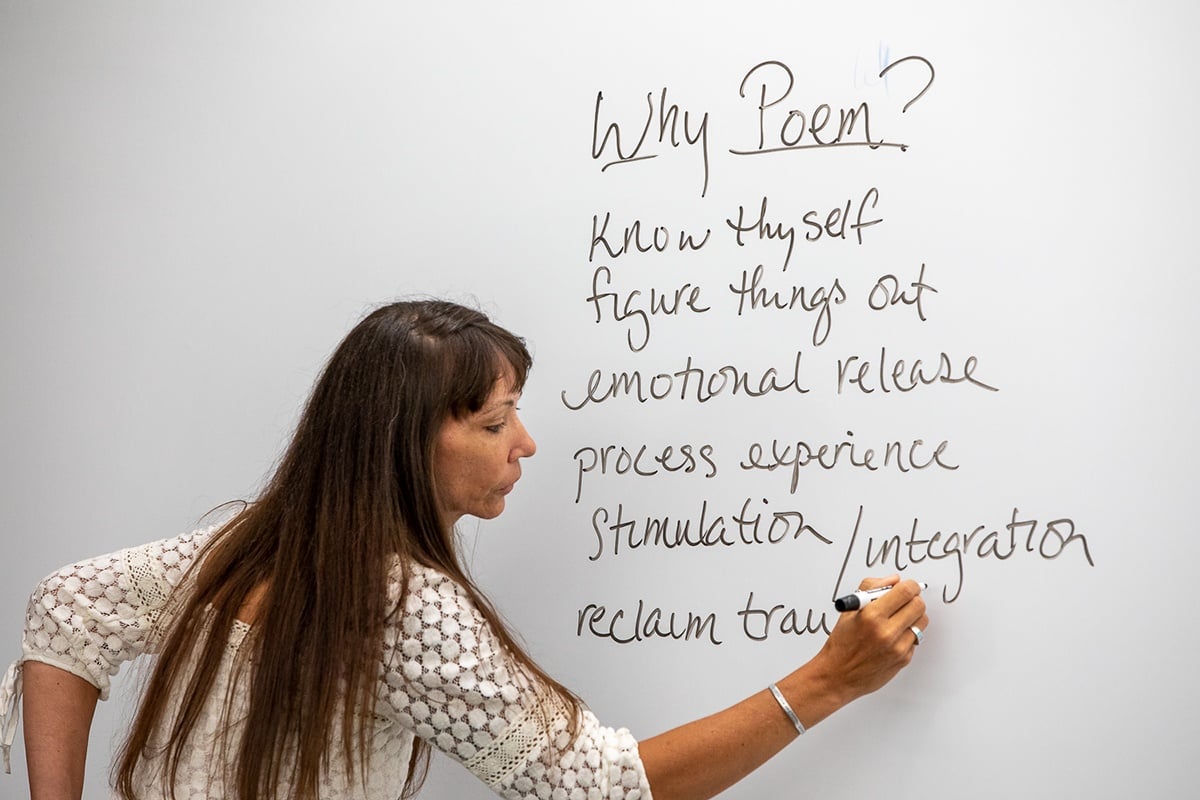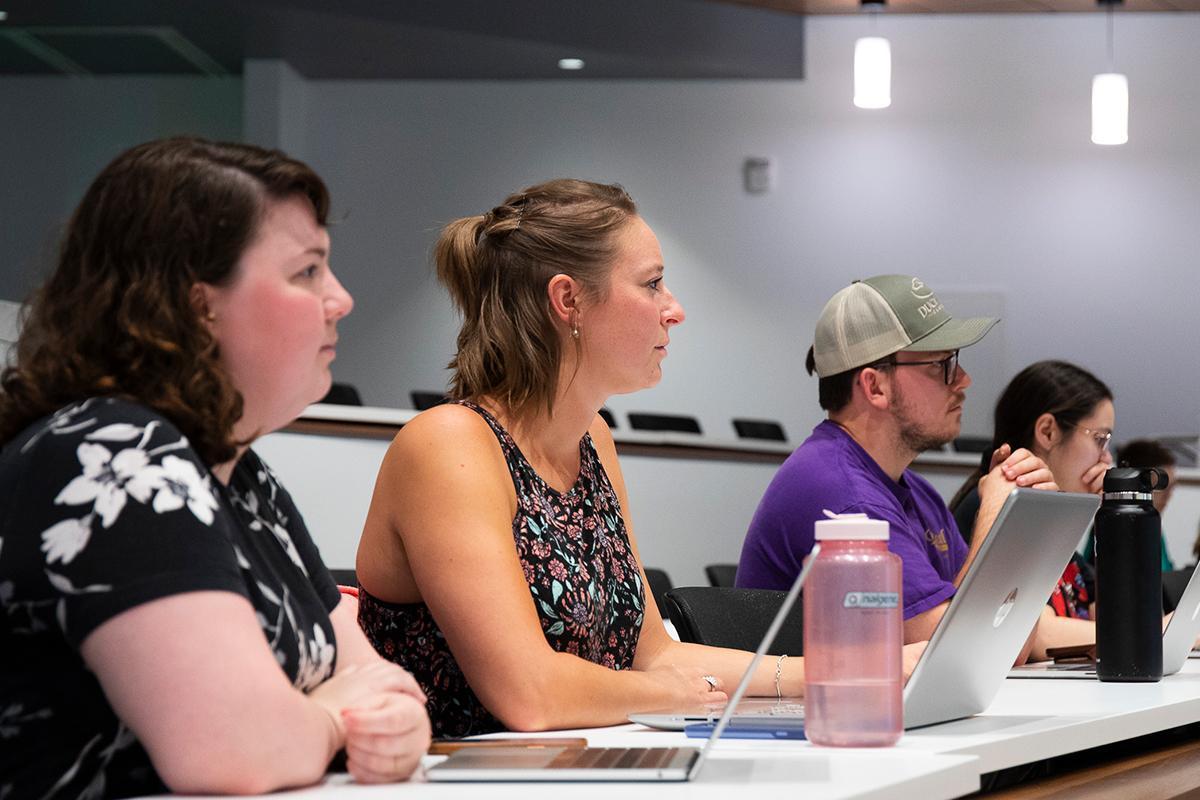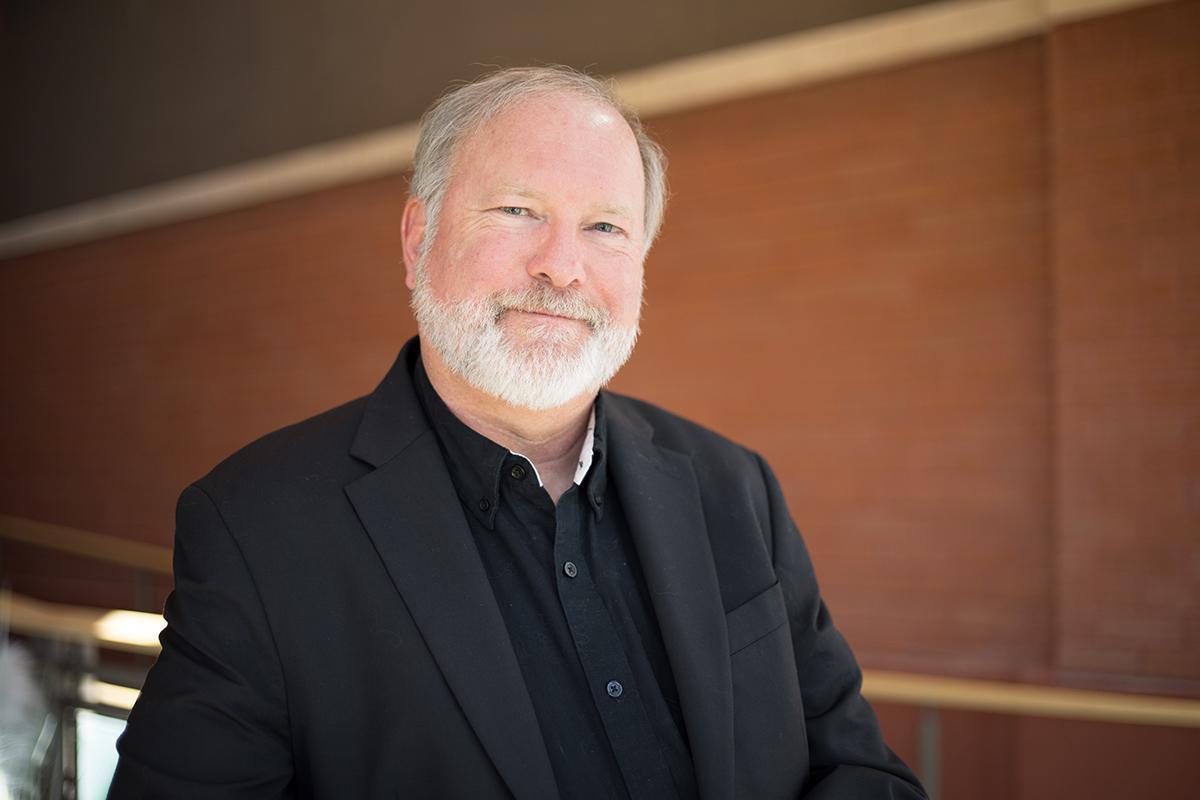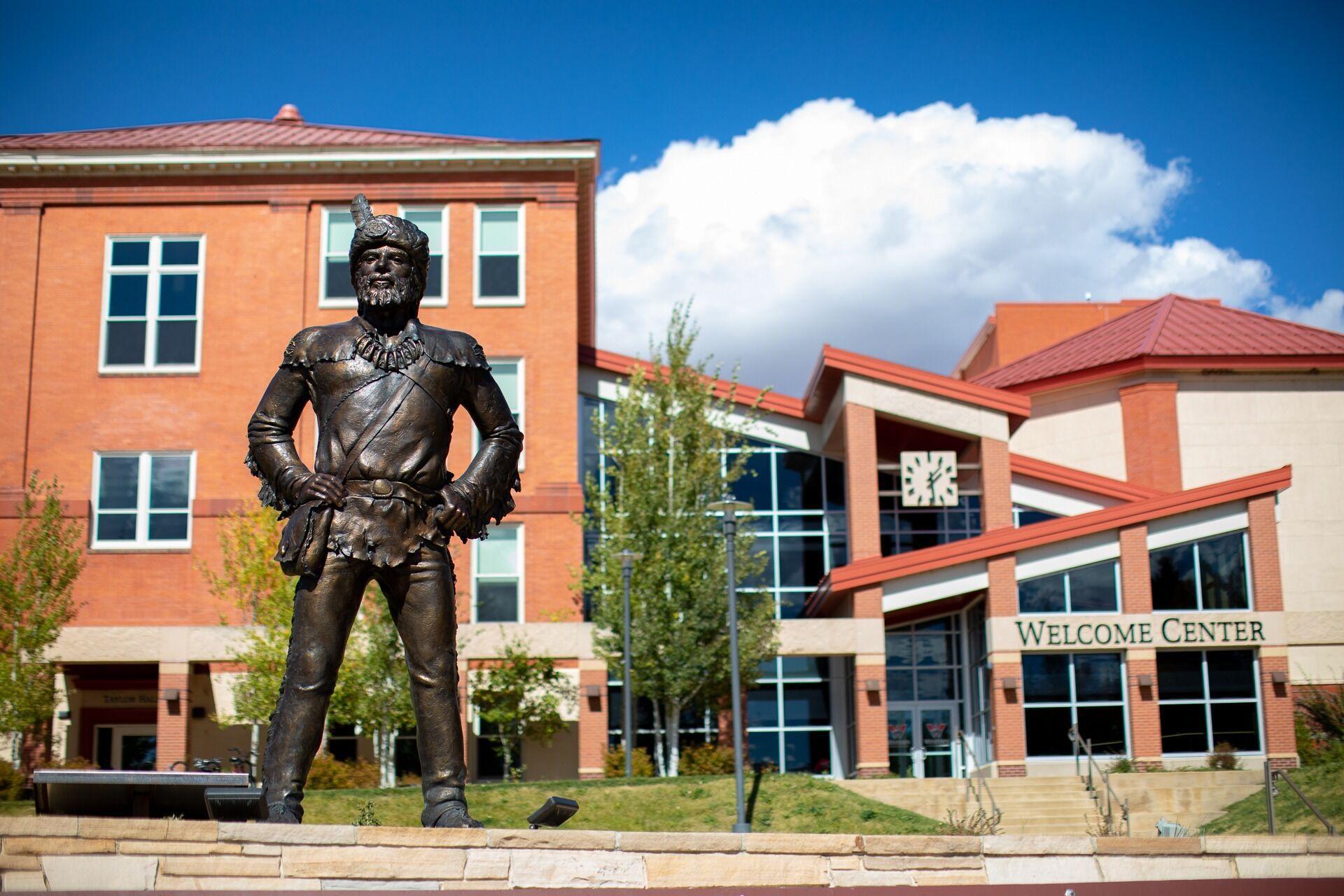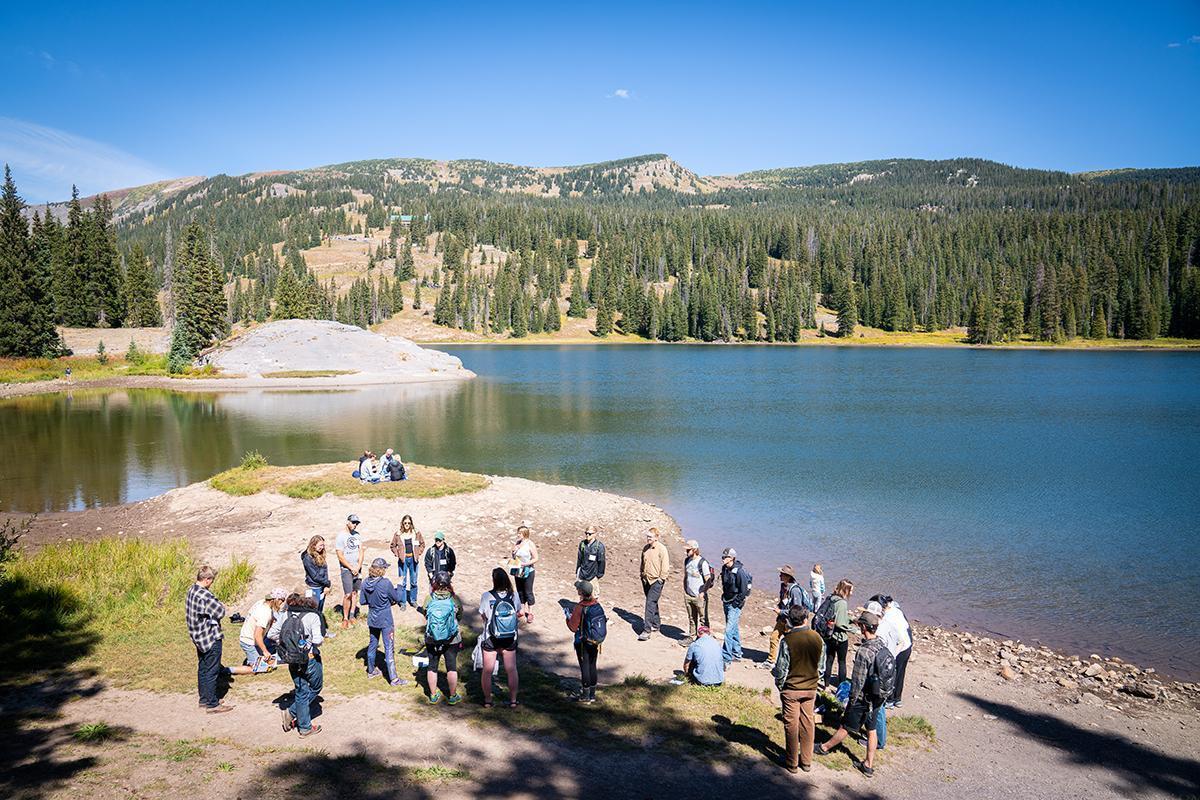Candidate must submit:
- An official transcript of the bachelor’s degree from a regionally accredited college or university showing recommended 3.0 cumulative GPA or higher.
- An 800- to 1,000-word personal statement describing the applicant’s experience and commitment to writing. This statement should include a self-assessment of qualifications for admission to Western’s Graduate Program in Creative Writing for the chosen degree and concentration.
- A writing sample in the appropriate genre, double spaced and numbered, or properly formatted for the appropriate genre:
- The Genre Fiction concentration sample should include 20 to 25 pages, ideally from a single work.
- The Screenwriting concentration sample should include a screenplay of 15-30 pages.
- The Nature Writing concentration sample should include 20 to 25 pages, in any creative writing genre or a mix of genres.
- The Poetry concentration sample should include 10 to 15 pages of poetry.
- The Publishing concentration sample should consist of a 3- to 5-page critical assessment of a story’s suitability for publication (story to be provided to applicant during application process).
- Two letters of professional recommendation from those capable of assessing the applicant’s preparation to succeed in graduate-level work. All letters must be originals submitted on letterhead, must be signed by the person giving the recommendation, and must be less than a year old.
Provisional Admission to the MFA in Creative Writing
An applicant who does not meet the requirements for full admission to the Master of Fine Arts in Creative Writing may be considered for provisional admission upon the recommendation of the program director and approval by the Dean of Graduate Studies. A provisionally admitted student will have a maximum of one calendar year to complete any pre-requisite academic coursework. The program director or Dean of Graduate Studies may set additional timeline requirements.
Admission Requirements & Application
Western’s Graduate Program in Creative Writing considers applications on a rolling basis from August 1 through May 15, and all admitted students begin their coursework in early June, with online courses. Once a cohort has filled for the coming year, applications will be waitlisted or pushed to the following year’s cycle.
We make admissions decisions on all completed applications within 4 weeks of receipt. Students may be accepted, accepted with provisions (e.g. a requirement to finish their undergraduate degree before matriculating in the graduate program at Western), waitlisted (with a notification of a final decision by May 1) or rejected.
